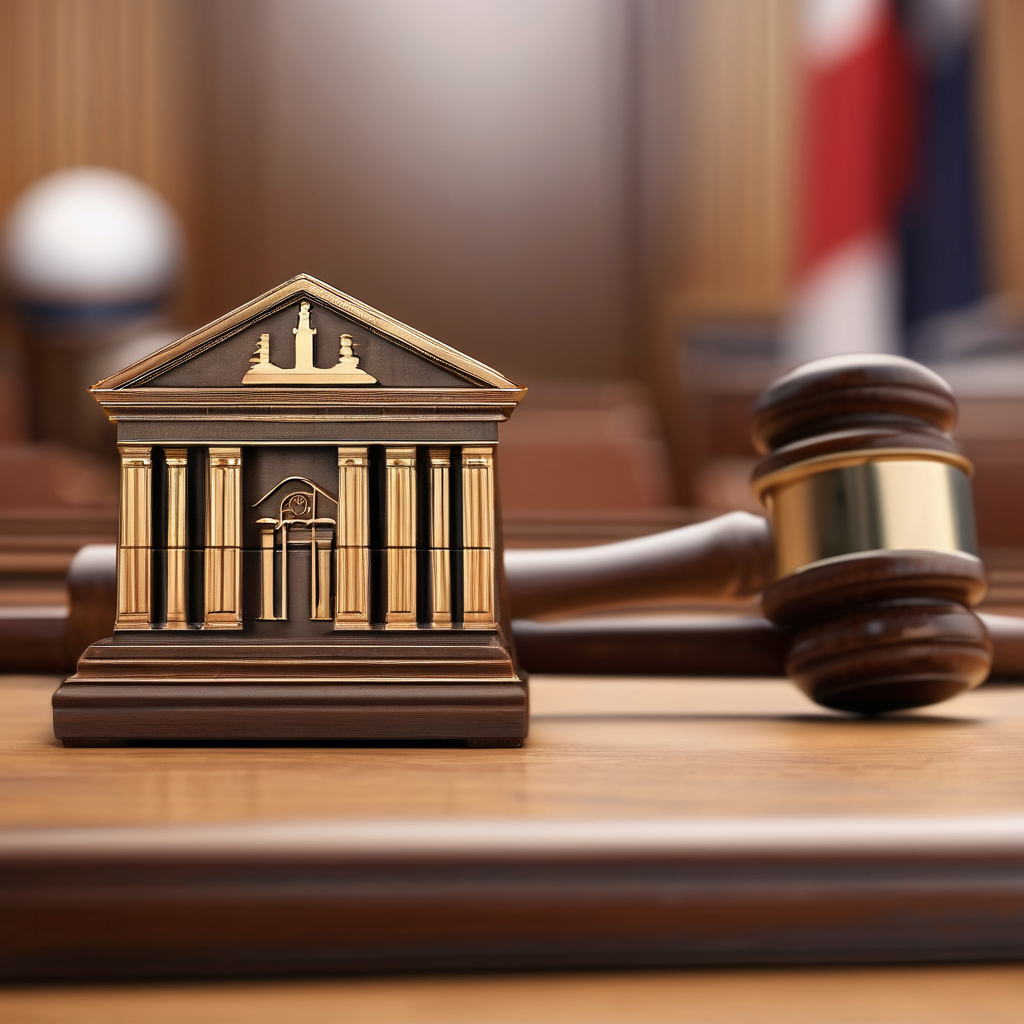The high-profile detention of Han Hak-ja, the leader of the Unification Church, has become a focal point of public interest in South Korea. The court’s decision to hold Han in custody stems from serious graft allegations involving Kim Keon Hee, the wife of former President Yoon Suk Yeol. Han is accused of orchestrating a bribery scheme aimed at Kim to secure favors for the church’s business interests. Both Han and Kim have vehemently denied these accusations, dismissing them as baseless.
This judicial move is part of an extensive investigation tied to the former presidential couple, following Yoon’s controversial ousting from office last year for attempting to impose martial law. Yoon is currently under separate legal scrutiny for insurrection charges. According to special prosecutors, Han’s arrest is pivotal to preserving evidence crucial to the expansive criminal investigation into the former administration.
The Unification Church, officially known as the Family Federation for World Peace and Unification, boasts a global congregation and operates an array of business ventures. Established in the 1950s by Sun Myung Moon, the church is famous for conducting mass weddings and has encountered past controversies, including a scandal linked to the assassination of former Japanese Prime Minister Shinzo Abe.
Amid these legal headwinds, the church has promised full cooperation with the investigation. Their statement reflects a commitment to transparency and calls for fairness throughout legal proceedings, with aspirations that these challenges might eventually mend trust in their institution.
This unfolding scenario is emblematic of broader discussions about political accountability and transparency in South Korea. Previous discussions have delved into Yoon’s intricate legal battles and the nature of his presidency. These events highlight ongoing debates about power dynamics, corruption, and governance within the nation’s political landscape. Nevertheless, there is a silver lining in this narrative—through diligent legal processes, these investigations could potentially enhance public trust in South Korea’s democratic integrity and institutions.
